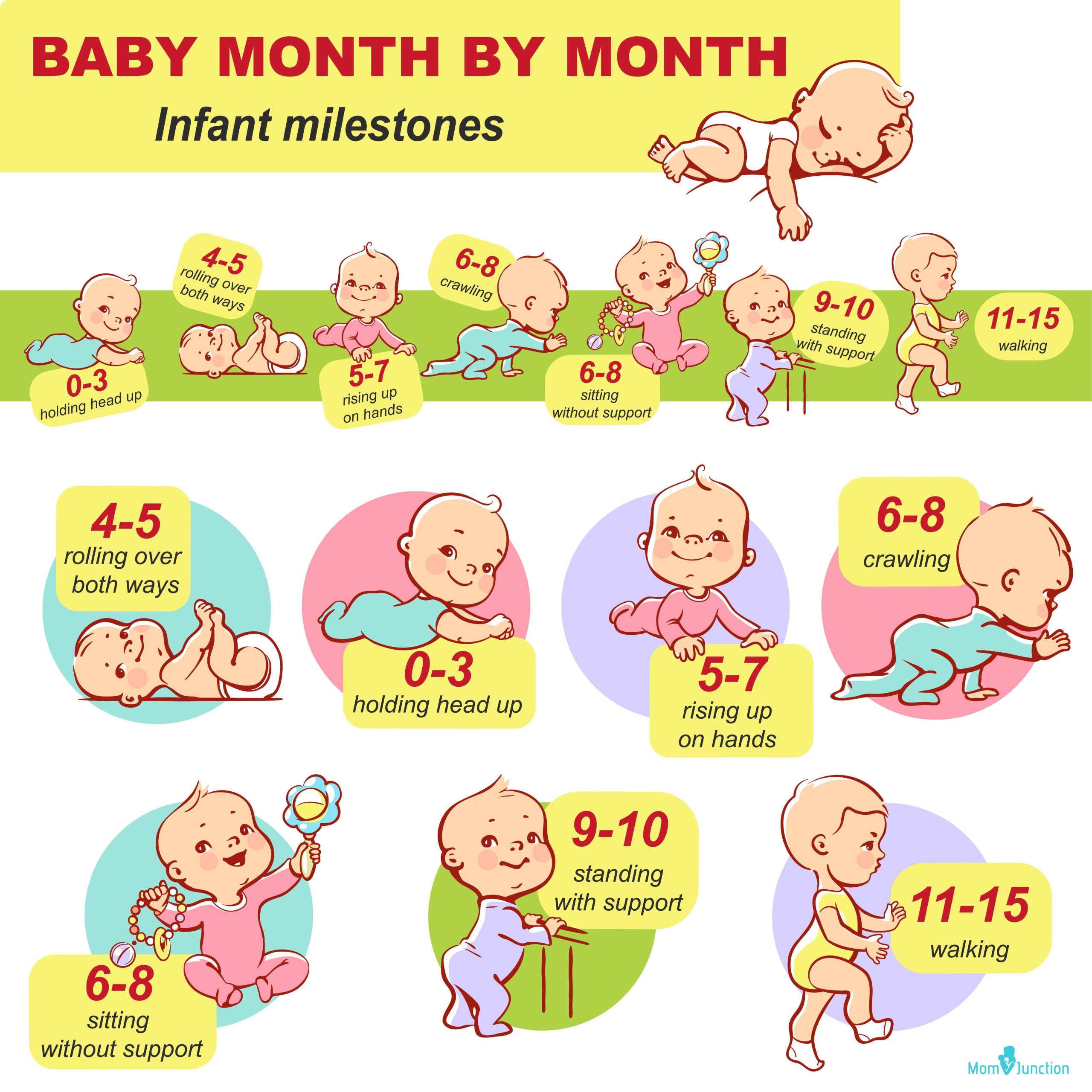As a parent or caregiver, it’s important to be aware of the typical developmental milestones that children reach as they grow. These milestones can provide valuable insight into a child’s physical, cognitive, and social-emotional development. By knowing what to look for at each stage, you can better support and nurture your child’s growth and development.
Physical Milestones
Physical milestones refer to a child’s movement and coordination abilities. These milestones can include sitting up, crawling, walking, and running. It’s important to remember that all children develop at their own pace, so don’t be too concerned if your child doesn’t reach these milestones exactly when expected. However, if you notice significant delays in your child’s physical development, it may be a good idea to consult with a pediatrician or child development specialist.
Cognitive Milestones
Cognitive milestones refer to a child’s ability to think, reason, and problem-solve. These milestones can include recognizing familiar faces, understanding simple instructions, and engaging in pretend play. It’s important to provide opportunities for your child to explore and learn in a safe and stimulating environment. Reading books, playing educational games, and asking open-ended questions can all help promote cognitive development in children.
Social-Emotional Milestones
Social-emotional milestones refer to a child’s ability to interact with others and regulate their emotions. These milestones can include making eye contact, expressing empathy, and managing frustration. It’s important to model positive social behaviors and emotions for your child and provide plenty of opportunities for them to interact with peers and adults. If you notice persistent difficulties with social-emotional skills, it may be beneficial to seek guidance from a mental health professional.
Monitoring Your Child’s Progress
Monitoring your child’s developmental milestones can help you identify potential areas of concern early on. Keep track of your child’s progress by documenting when they reach each milestone and discussing any concerns with their pediatrician or childcare provider. Remember that every child is unique and may reach milestones at different ages, so try not to compare your child to others.
Seeking Support
If you have concerns about your child’s development, don’t hesitate to seek support from professionals. Early intervention can make a significant difference in a child’s long-term outcomes. Talk to your child’s pediatrician or consult with a child development specialist for guidance and recommendations on how to best support your child’s growth and development.
Conclusion
Recognizing signs of developmental milestones is an important part of supporting your child’s growth and development. By being aware of these milestones and monitoring your child’s progress, you can better understand their needs and provide the necessary support and guidance. Remember that every child is unique and may develop at their own pace, so it’s important to celebrate their achievements and seek help if you have concerns. With the right resources and support, you can help your child reach their full potential.

